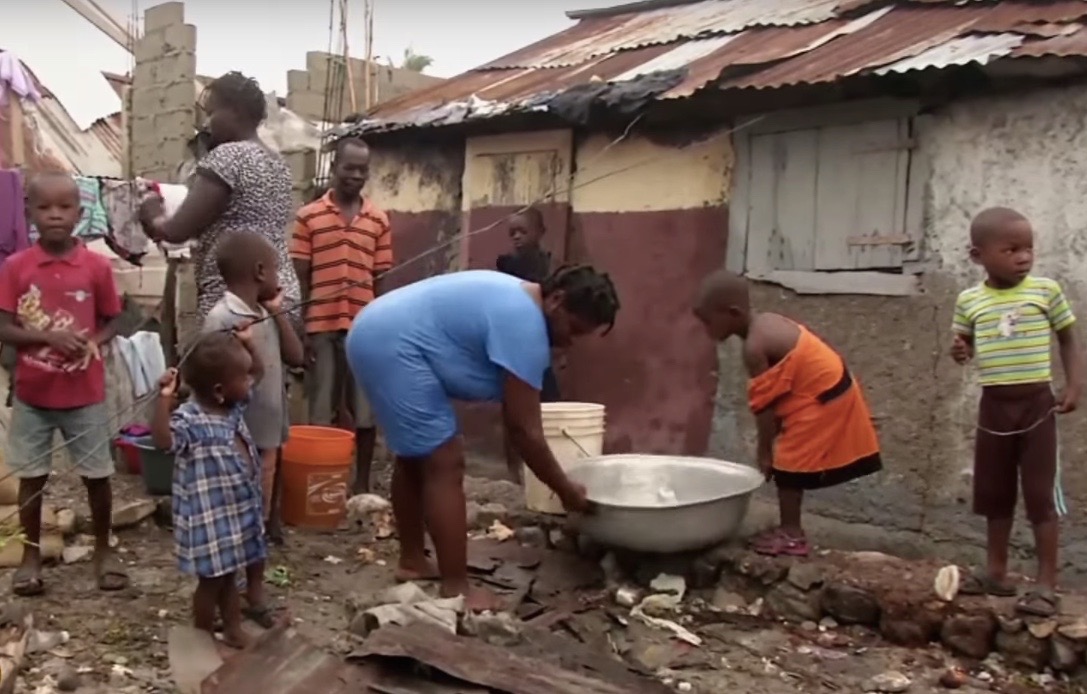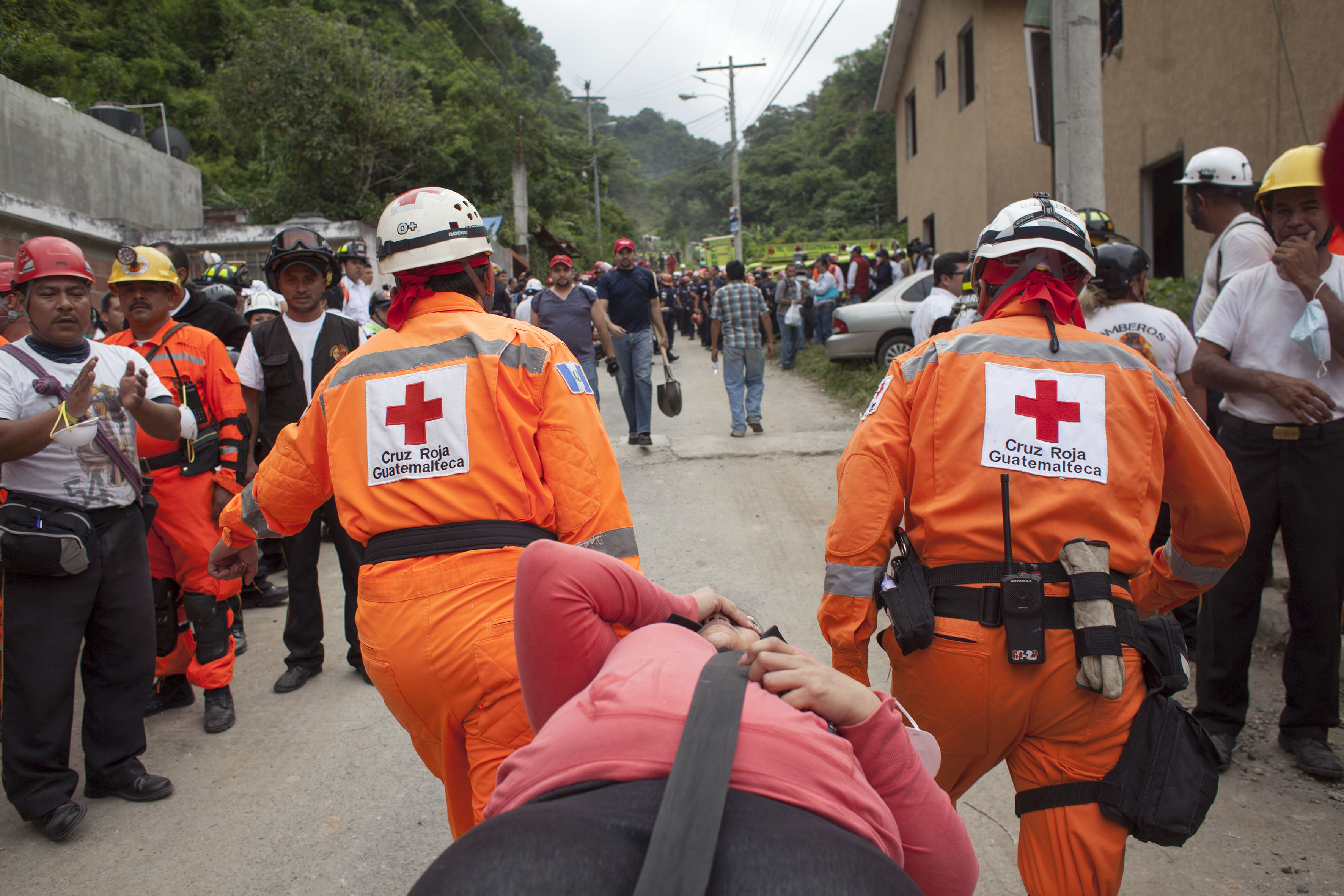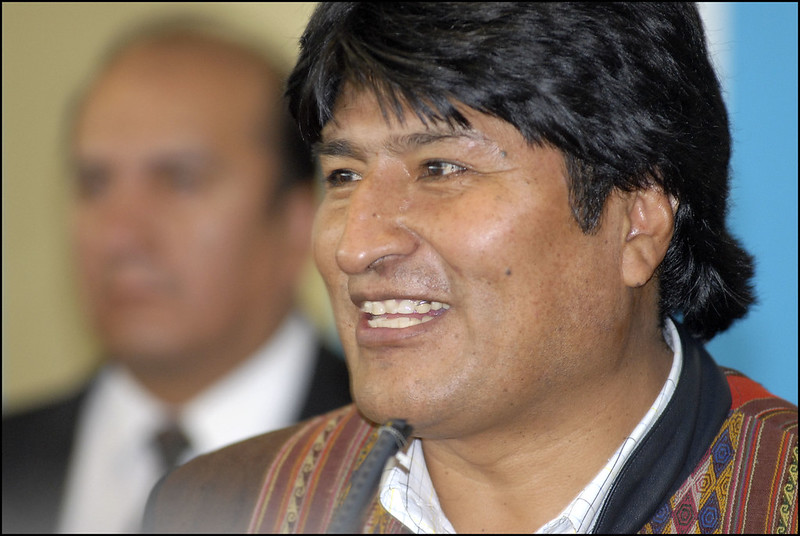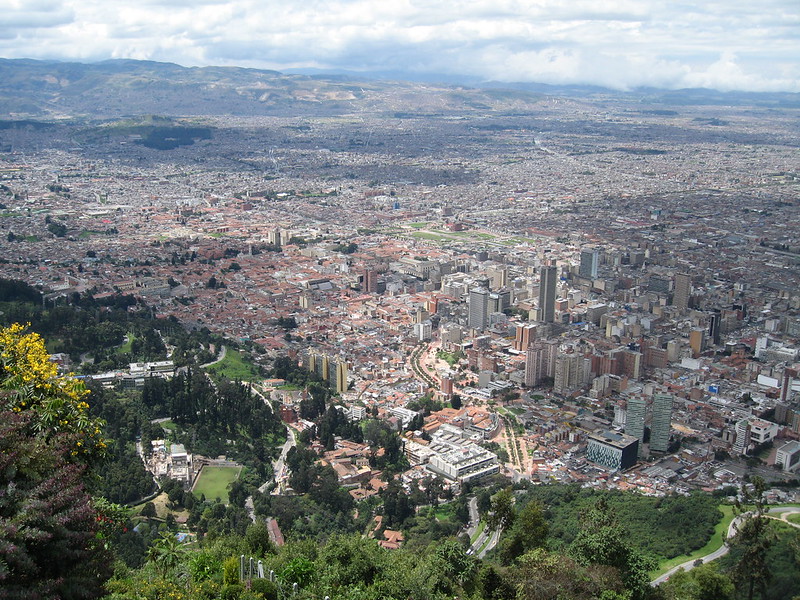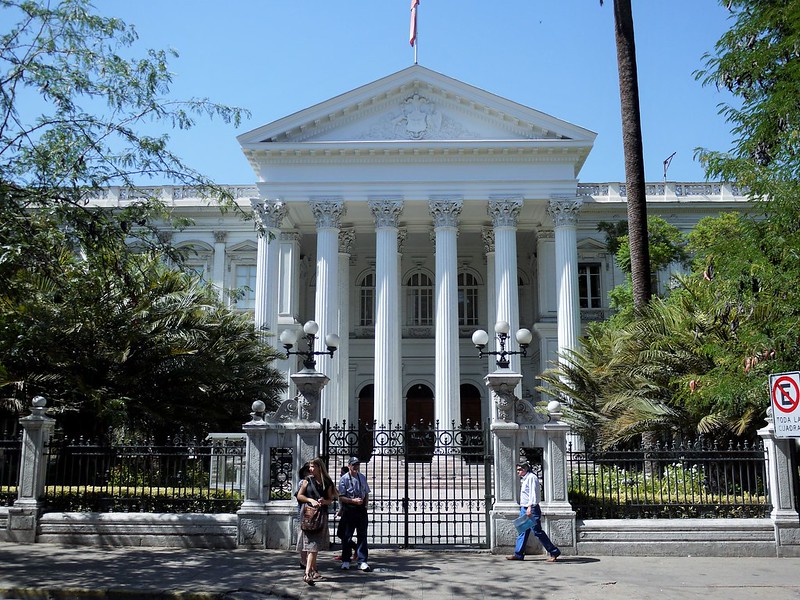
Latin America: Week in Review
Chilean President Responds to Protesters’ Demands
October 28, 2019 By Staff
TODAY IN LATIN AMERICA
CHILE: Chilean President Sebastián Piñera called for his entire cabinet to offer their resignations on Saturday, in response to a week of protests that have taken over the capital city. On Friday, 1.2 million Chileans marched in protest of the country’s economic crisis and rising subway fares. “All of Chile is marching here,” said Santiago Mayor Karla Rubilar, addressing the massive turnout. That same day, protesters attempted to force their way onto the grounds of Chile’s Congress, leading to an evacuation of lawmakers and the presence of armed police. Truck drivers and public transportation drivers also began to strike across the country in response.
Following the march, Piñera tweeted, “We have all heard the message. We have all changed.” He lauded the peacefulness of the march and promised a new cabinet to address protesters’ demands. Politicians from both the ruling and opposition parties supported the ministerial change in order to re-establish the government’s credibility. Piñera also promised to raise the minimum wage and increase pensions and suggested that he may lift the state of emergency that has been in effect for over a week. The United Nations High Commissioner for Human Rights and former Chilean President Michelle Bachelet announced a UN delegation to Chile from Oct. 28 to Nov. 22 that will investigate allegations of abuse. As of yesterday, 19 people have died during the unrest.
Headlines from the western hemisphere
SOUTHERN CONE
ARGENTINA: Alberto Fernández and his running mate former-President Cristina Fernández de Kirchner won the Argentina presidential election yesterday. The results confirmed that Argentine voters are willing to return to the Peronist values of Kirchner’s administration after current President Mauricio Macri’s more conservative term. Macri came to office in 2015 with promises to resolve the country’s economic crisis, but Argentines have grown increasingly frustrated with the administration as it has implemented austerity measures mandated by the International Monetary Fund while poverty and inflation continue to rise.
URUGUAY: The top two candidates in the Uruguayan presidential election are headed for a runoff, according to preliminary results. The leftist Broad Front’s candidate, Daniel Martínez, faced off against the centrist National Party’s Luis Lacalle Pou. The Broad Front has maintained power in Uruguay for the past 15 years, overseeing the legalization of gay marriage, abortion and marijuana.
ANDES
BOLIVIA: Bolivia’s Supreme Electoral Tribunal released its final tally for the country’s presidential election on Friday, with current President Evo Morales polling at 47.08% and his rival Carlos Mesa tallying 36.51%. Morales declared victory, but the Organization of American States and the European Union called for a run-off to confirm the results of election, which was widely criticized as fraudulent when the electoral tribunal stopped updating results. The United Nations has called for an election audit, to be performed by the OAS, which Morales agreed to on Saturday.
CARIBBEAN
CUBA: Cuban President Miguel Díaz-Canel arrived in St. Petersburg, Russia, yesterday in the culmination of a European tour that also included Ireland, Belarus and Azerbaijan. Díaz-Canel’s stay will last three days. The visit occurs days after the president delivered a speech on the first day of the 18th Non-Aligned Movement Summit, held in Baku, the capital of Azerbaijan. Cuba’s head of state is set to meet with the St. Petersburg Governor Alexander Beglov and the President of the Legislative Assembly of the region Viacheslav Makarov.
PUERTO RICO: Puerto Rican Representative Guillermo Miranda is set to present his resignation letter today after being embroiled in controversy for firing an employee who allegedly did not want to purchase raffle tickets to fundraise his re-election campaign. The legislator was already under investigation by the Ethics Committee of Puerto Rico’s House of Representatives, which received a recording of a telephone conversation between Miranda and the ex-employee. Miranda, who said he fired the woman because of budget cuts, said on Friday that his resignation will be effective immediately.
CENTRAL AMERICA
HONDURAS: An inmate involved in the trial of the brother of Honduran President Juan Orlando Hernández was stabbed and shot to death on Saturday, after being ambushed by a group of prisoners in a jail in Honduras. Nery López Sanabria, also known as Magdaleno Meza Fúnez, was murdered in the early hours of the morning in El Pozo prison. The crime was recorded by security cameras. His lawyer, Carlos Chajtur, blamed the Honduran government and said he had asked his client be moved to another prison. López Sanabria was the supposed business partner of Juan Antonio “Tony” Hernández, an ex-congressman and the president’s brother, who was found guilty of drug trafficking charges in a New York court earlier this month.
NORTH AMERICA
MEXICO: The Mexican government has asked Interpol for help in locating the former president of Mexico’s powerful oil workers union, who is under investigation for corruption. Carlos Romero Deschamps stepped down from leading the Pemex union on Oct. 16 and subsequently left the country. Romero Deschamps served as union leader beginning in 1993 and was accused of siphoning money from the union budget after members noticed “extravagant” personal spending. President Andrés Manuel López Obrador confirmed earlier this month that the attorney general was looking into accusations of “illicit enrichment and money laundering” against the leader. Romero Deschamps has denied the accusations.
MEXICO: Three people have died and more than 1,500 were evacuated in Tecate and Ensenada, Baja California, as northern wildfires moved south. More than 200 houses have been damaged. Wildfires are a yearly occurrence in Southern California, but the blazes in Baja California are bigger than in recent years. Mexico’s Director of Civil Protection for Baja California, Antonio Rosquillas, told CNN they are the “strongest fires” in the state’s history. Officials expected to contain the fires, caused by the Santa Ana winds and dry environmental conditions, during the day yesterday as weather conditions improved.
MEXICO: The director of Mexico’s National Immigration Institute (INM) apologized on Friday for his statements that African migrants would be sent back “even if they came from Mars.” Francisco Garduño Yáñez said on Oct. 21, “We are sending a notice about transcontinental migration, even from Mars: We are going to send them back to India, to Cameroon, to Africa. Friends or humans of the black race.” In a statement that INM posted online, Garduño Yáñez wrote, “I recognize that my phrases were not appropriate, and it is not my intention to promote racist or xenophobic discourse.” The number of migrants from Africa arriving in Mexico has increased in recent months, and many have claimed discrimination from Mexican officials.

